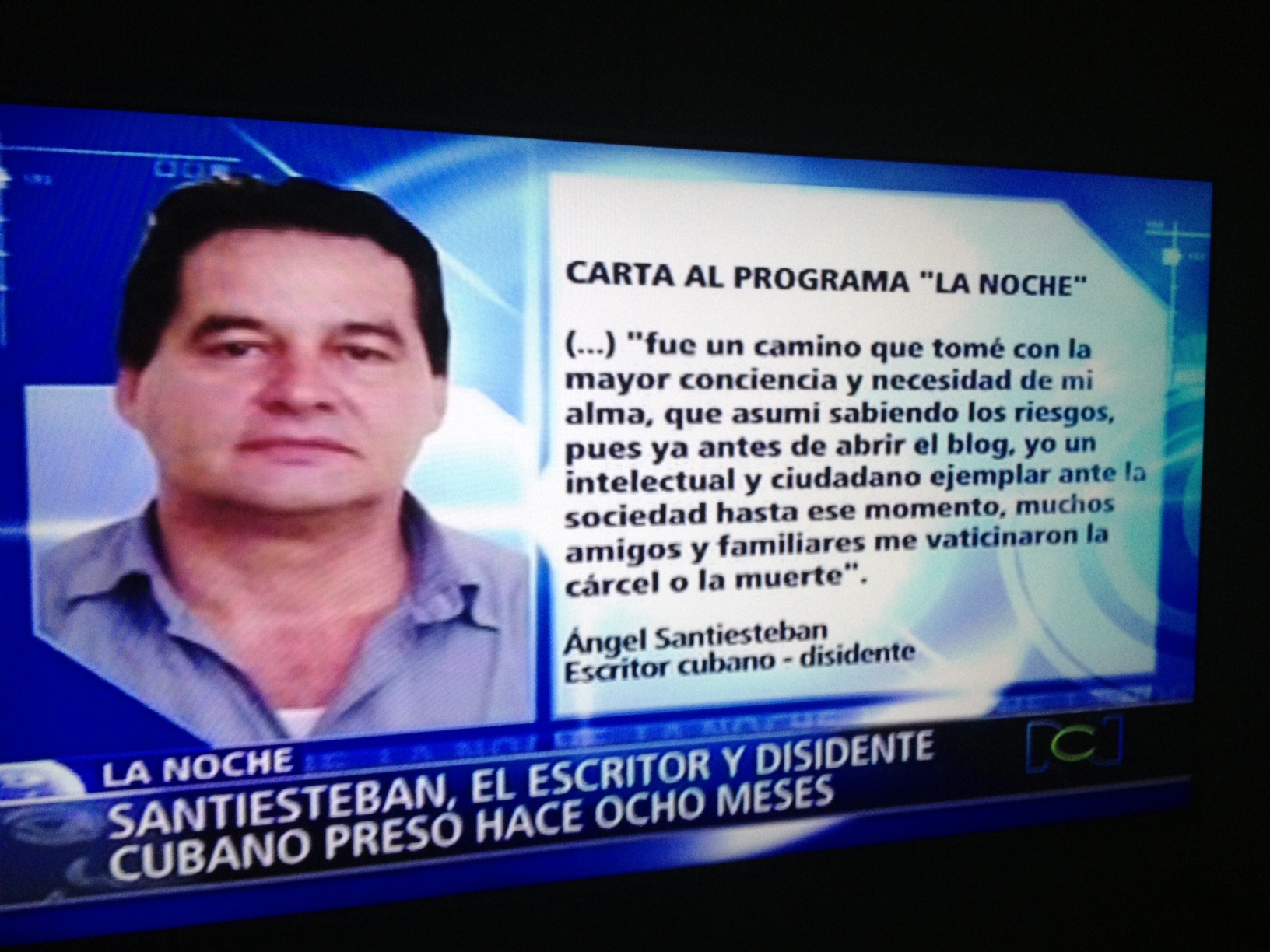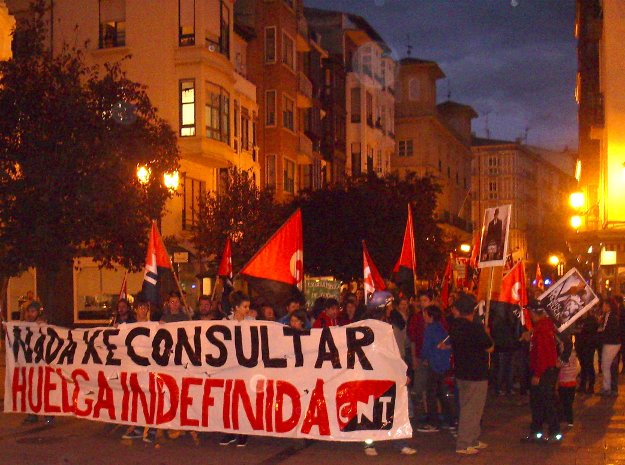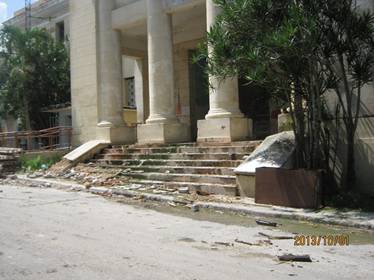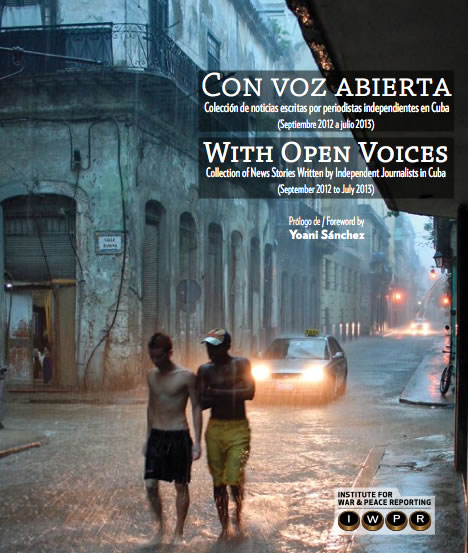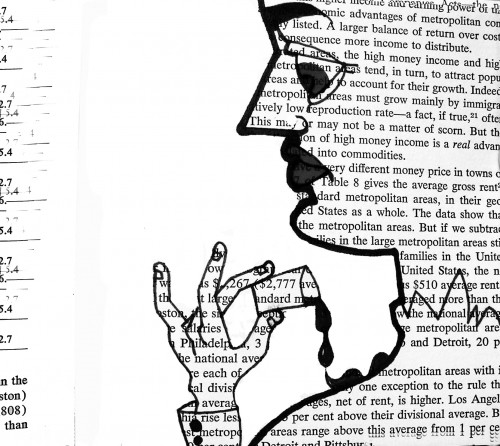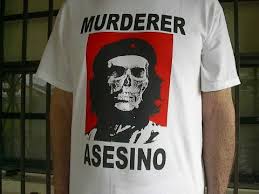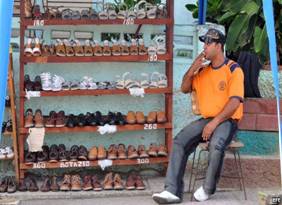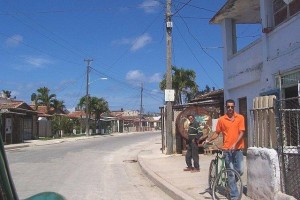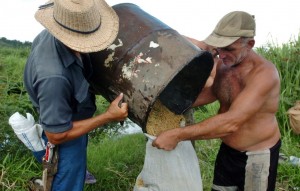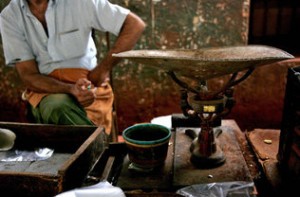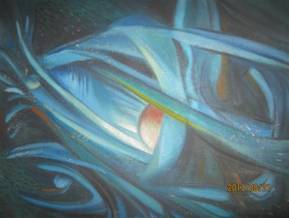 SANTA CLARA, Cuba, October 9, 2013, Yoel Espinosa Medrano / www.cubanet.org.- María de la Cruz Martín Concepción is a lady of 65. She lives in the central province of Villa Clara, one of the territories with the highest rates of an aging population in Cuba. Relatives and neighbors are keeping and eye on her. She is determined to take her life if the situation in which she lives isn’t addressed.
SANTA CLARA, Cuba, October 9, 2013, Yoel Espinosa Medrano / www.cubanet.org.- María de la Cruz Martín Concepción is a lady of 65. She lives in the central province of Villa Clara, one of the territories with the highest rates of an aging population in Cuba. Relatives and neighbors are keeping and eye on her. She is determined to take her life if the situation in which she lives isn’t addressed.
She says she has lost the joy of living. Death has played with her on several occasions. She has had three heart attacks. She also suffers from Ischemic Heart Disease, Diabetic Neuropathy, Hypertension, among other conditions common to her age, exacerbated by poor diet.
Martin Concepcion is experiencing a crisis of diabetes and high blood pressure . She hasn’t bought the medicines to control her conditions for three months. Her drugs — Glibenclamide, Cartopril, Nitropental, Dipyridamole and others — cost about 100 Cuban pesos a month.
Fatally, General Raul Castro took 198 pesos (some 7 dollars) from the pension she receives from social assistance. To control her illnesses she drinks infusions made from medicinal plants, and also subsists on the charity of others who give her the occasional pill.
Her husband, Joseph Felinciano Fernandez, 72-years-old, nearly died of a bowel obstruction complicated by peritonitis recently. He earns a monthly pension of just over 200 Cuban pesos (about $7) .
Three years ago, a man driving a Russian brand Ural motorcycle with a sidecar hit the horse-drawn wagon Felinciano was driving and caused a skull fracture that affected his hearing. He also has an abdominal hernia.
The motorcycle driver was under the influence of alcohol and fled the scene. Eventually the police found him. The old man was in serious condition for several days in a hospital.
The trial for the accident was prearranged. The accused, the person who hit the back of the cart, had “patrons” and money. He got of scot-free and the old man was sentenced to pay a fine.
The couple’s home, located on Callejón del Salado S/N and Circunvalación, in the Brisas del Oeste neighborhood of Santa Clara, in Villa Clara province, is in deplorable condition.
An official of the Municipal Housing Authority, named Minerva, classified it as in a state of total collapse.
María and her husband now spend the night at the home of a daughter who has one room, a kitchen and bathroom. Also living there are her son-in-law, grandson and wife.
Raúl Fernández is a paramilitary who holds the position of Coordinator of the Area , a notorious organizer of mobs and a member of the so-called Rapid Response Brigades who generally take actions against human rights activists. He visited the shack and told the elderly couple they would get together the money for lumber for repairs.
María sent letters to the various levels of government and the Party in Villa Clara.
A gentleman who identified himself as delegate of the People’s Power in the area analyzed the housing situation and said they could not spend another minute in it because the roof might fall in at any moment. He also said they did not have ownership of the house, so they were classified as illegals, despite having lived there for over 20 years.
The official said that without title to the property they could not subsidize their housing repairs.
Meanwhile, María waited for a formal response. She herself won’t see the end to their odyssey because with poor nutrition and no medications, her heart can’t withstand another attack.
Yoel Espinosa Medrano
From Cubanet, 10 October 2013

